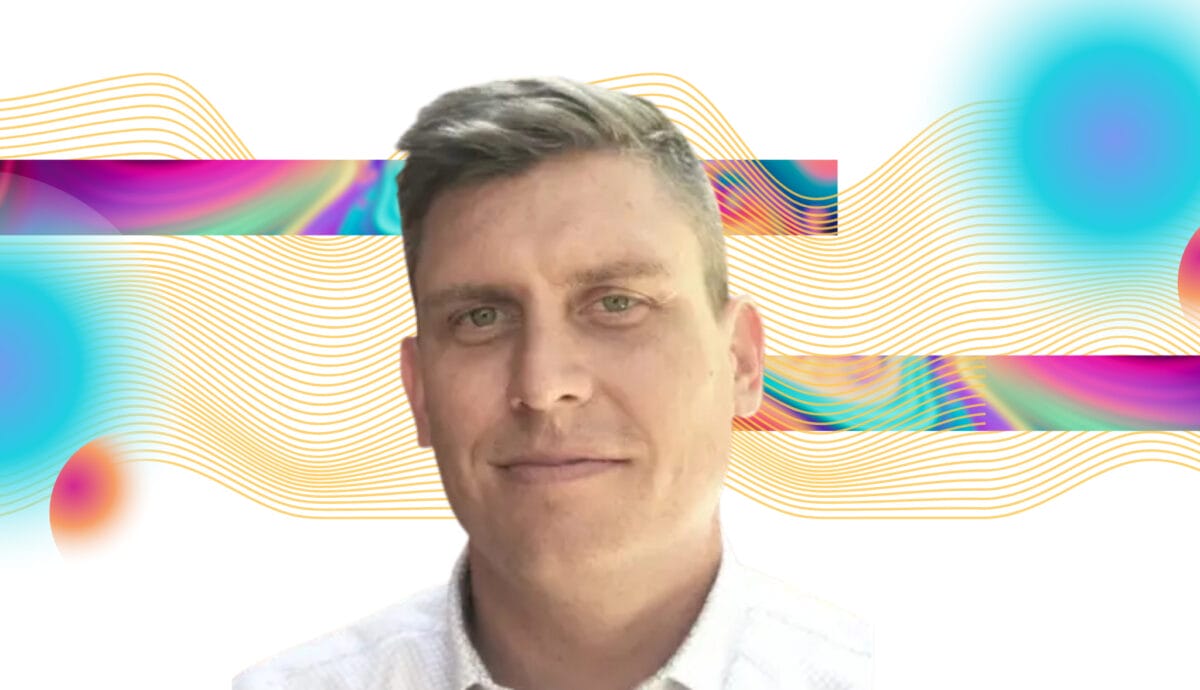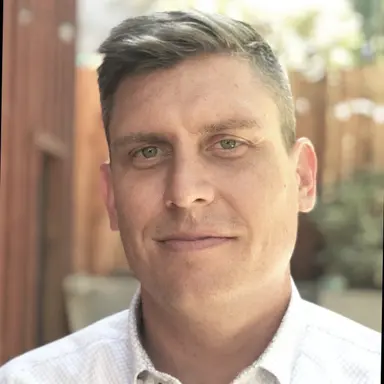By Robert Johnson
No one in the 21st-century psychedelic pantheon has crossed over to the mainstream like writer Michael Pollan. His 2018 book How to Change Your Mind (an immediate #1 New York Times bestseller) was a “before and after” in terms of the psychedelic conversation. Pollan’s work shifted the paradigm around psychedelics in America, communicating their therapeutic potential to audiences that grew up believing LSD made young people jump out of windows.
Seven years later, Pollan remains an in-demand speaker and contributor. His psychedelic advocacy has connected with New York Times readers, NPR listeners and Oprah fans—but much like the Queen of All Media, Pollan has a deep stable of critics who want him to do more with his vast platform. Though many of these critiques of Pollan are valid, the psychedelic community shouldn’t go nuclear on imperfect messengers.
As Schedule 1 plants and fungi transition from illegal drugs to legal medicine, the various factions are in conflict about how legalization should go and what an equitable or profitable “legal” landscape would look like. But psychedelics can learn a lot from how cannabis won public relations battles: through the advocacy of public figures who weren’t long-term activists, but ended up the most effective communicators to a skeptical mainstream.
Psychedelic Celebrities and Imperfect Apostles
In a recent Oprah Podcast interview, a caller asked Pollan how to access psychedelics for mental health purposes legally. “There are many, many trials going on around this country,” Pollan replied. “You can go on trials.gov and and search psilocybin or MDMA and you may find a trial that you qualify for.” The other way, he said, was “to go to Oregon or Colorado” for a licensed, state-legal experience.
These answers came across to psychedelic access advocates and the grassroots community as an “Opium tea for me—but not for thee” moment. None of the drugs Pollan did for his best-selling book were legal. Is it realistic to tell tens of millions of people struggling with grief, PTSD or depression to check a government website and apply for a study? Or to travel to another state where legal psychedelic therapy sessions can run into many thousands of dollars?
At minimum, critics said, Pollan could have discussed the barbarism of prosecuting citizens for consuming these substances. In fairness, he’s been clear that “No one should ever be arrested or go to jail for the possession or cultivation of any kind of mushroom.” But if psychedelics offer hope to millions suffering from serious mental health problems, telling callers to join a lottery for treatment seems thoughtless at best.
Still, I think casting Pollan as a traitor to the movement will harm the movement’s end goals. The pile-on mentality is a lot easier and more gratifying than actually figuring out solutions to these problems, but it’s not solving the real problem. Also, if we’re being honest, some people are angry with Pollan and other psychedelic celebrities because they envy that platform and the financial rewards that come with it. Others feel a genuine emotional connection to the cause that has nothing to do with fame or fortune. There are so many trauma survivors in psychedelics, some of whom say these substances actually saved their lives. So when the biggest name in psychedelics seems cavalier about legal access, it’s understandably triggering. How can we appeal to problematic allies without alienating long-term activists?
How Sanjay Gupta and CNN Normalized Cannabis
The sea change in American attitudes towards cannabis holds key lessons for psychedelic advocates, consumers and aspiring business owners. Weed’s cultural acceptance had many important tipping points, but I’d argue cannabis crossed the Rubicon with Dr. Sanjay Gupta’s 2013 CNN special report Weed.
When CNN’s chief medical correspondent says that the DEA is wrong, that “cannabis has very legitimate medical applications [and] In fact, sometimes marijuana is the only thing that works”? Mainstream America listens (my own grandmother called me, a cannabis industry veteran, to ask me if I had heard of CBD).
Gupta wasn’t the spokesperson drug law reformers might have chosen. He didn’t mention racist sentencing guidelines, Nixon-era propaganda or the prison industrial complex. But a trusted and familiar medical doctor explaining the therapeutic properties of cannabis absolutely turned the tide of public opinion. Today, the vast majority of U.S. adults (88%) say cannabis should be legal in some form—up from 25% in 1995.
Is weed federally legal? Sadly, no. Is the state-by-state legalization process messy and deeply problematic? Yes. But we’ve continued to move the ball forward in terms of public opinion. That matters. I think psychedelics can and should do the same.
Don’t Kill the Messenger: Ask Them to Do Better
When someone like Michael Pollan—an Ivy League graduate who knew little about hallucinogens and first tried LSD in his fifties—is dubbed “an apostle of psychedelics,” it rankles the grassroots community. Who elected this square to be the face of the movement? Why isn’t he talking more about the injustice of these substances being so widely available to wealthy white people like himself? (Even The New Yorker pointed out “the unexamined privilege of a person who repeatedly broke the law to write his book” yet still “hesitates to advocate for legalization.”)
Neither Sanjay Gupta and Michael Pollan are the champions that cannabis or psychedelics would have chosen. But the size of their platforms and the way they have changed the hearts and minds of millions of people is undeniable. Instead of demonizing Pollan, why not ask him for more? Appeal to him to center the many non-white, non-male pioneers in this movement as well as the injustice of unequal access to these substances?
There’s an oft-cited proverb: “If you want to go fast, go alone, if you want to go far, go together.” Countless progressive movements have collapsed due to internal division, purity policing, and the short-sighted conviction that anyone in your coalition who doesn’t share your exact priorities is the enemy. If the broad spectrum of psychedelic interest groups—cognitive freedom activists, scientists, therapists, investors and business owners—can work together and focus on solutions rather than attacking each other, we can achieve widespread access and legalization. The time we waste hating problematic players would be better spent changing the game.


